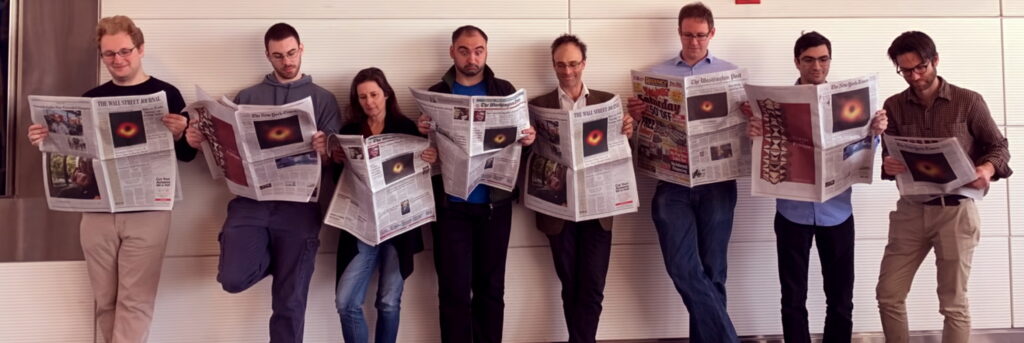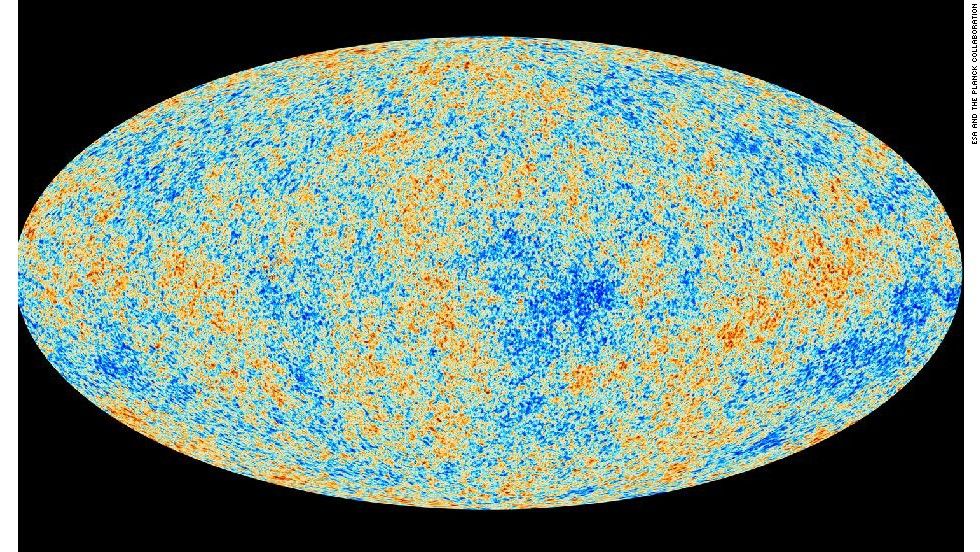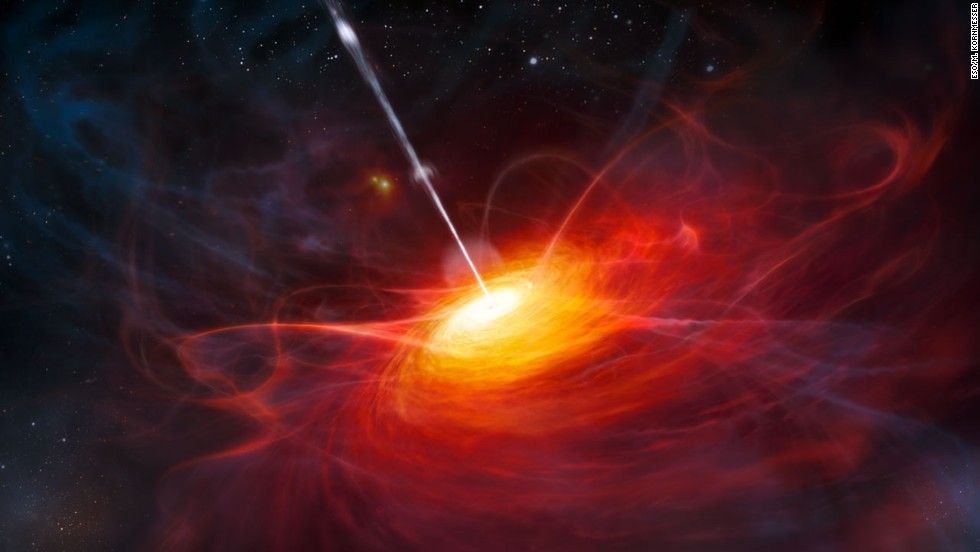- The universe radiates only half as much energy as 2 billion years ago
- New findings establish cosmos’ decline with unprecedented precision
From CNN—The universe came in with the biggest bang ever. But now, with a drooping fizzle, it is in its swan song. The conclusion of a new astronomical study pulls no punches on this: “The Universe is slowly dying,” it reads.
Astronomers have believed as much for years, but the new findings establish the cosmos’ decline with unprecedented precision. An international team of 100 scientists used data from the world’s most powerful telescopes — based on land and in space — to study energy coming from more than 200,000 galaxies in a large sliver of the observable universe. [Full story below or at CNN.com]…
Based on those observations, they have confirmed the cosmos is radiating only half as much energy as it was 2 billion years ago. The astronomers published their study on Monday on the website of the European Southern Observatory.
The team checked the energy across a broad spectrum of lightwaves and other electromagnetic radiation and says it is fading through all wavelengths, from ultraviolet to far infrared.
Analysis across many wavelengths shows the universe’s electromagnetic energy output is dropping.
‘A cold, dark and desolate place’
At the ripe old age of nearly 13.8 billion years, the universe has arrived in its sunset years.
“The universe has basically sat down on the sofa, pulled up a blanket and is about to nod off for an eternal doze,” said astronomer Simon Driver, who led the team.
Death does not mean the universe will go away. It will still be there, but its stars and all else that produces light and stellar fire will fizzle out.
“It will just grow old forever, slowly converting less and less mass into energy as billions of years pass by until eventually, it will become a cold, dark and desolate place, where all of the lights go out,” said astronomer Luke Davies.
But don’t cry for the universe anytime soon. Astrophysicists say this will take trillions of years.
Bursting with energy
Go all the way back to its birth, and you find a vast contrast. In an infinitesimal fraction of a second, our entire cosmos blasted into existence in the Big Bang.
And the totality of the energy and mass in the universe originates from that moment, astronomers say.
Since that natal explosion, the cosmos has generated other sources of brilliant radiation — most notably stars — by converting some of the mass into energy when extreme gravity causes matter to burst into nuclear fusion.
But the universe is speckled by radiance from seething gas clouds, supernovas and, most spectacularly, the discs of hot matter that rotate around black holes to form quasars, which can be as bright as whole galaxies.
“While most of the energy sloshing around in the universe arose in the aftermath of the Big Bang, additional energy is constantly being generated by stars as they fuse elements like hydrogen and helium together,” Driver said.
Fizzling into space
The size and number of those sources of radiation so boggle the mind that it might be hard to imagine that the entirety of that vividness appears to be fading, as its energy flies off through space.
“This new energy is either absorbed by dust as it travels through the host galaxy, or escapes into intergalactic space and travels until it hits something, such as another star, a planet, or, very occasionally, a telescope mirror,” Driver said.
His team observed it from seven of the world’s mammoth telescopes spread out between Australia, the United States, Chile and Earth’s orbit. Many of the instruments specialize in receiving certain wavelengths of light and other electromagnetic waves.
Compiling the data from the collective wavelengths gives the scientists a more complete picture from across a broad spectrum of energy.
Their findings on the universe’s energy slump were part of the larger Galaxy And Mass Assembly, or GAMA, project to study how galaxies are formed. It has mapped out the position of 4 million galaxies so far.




